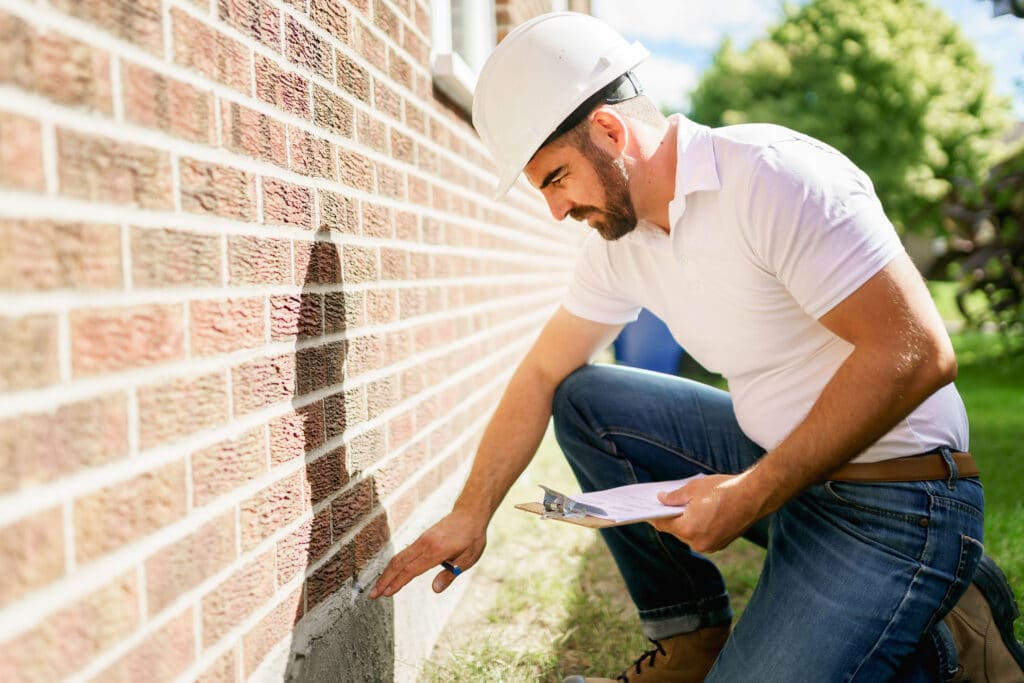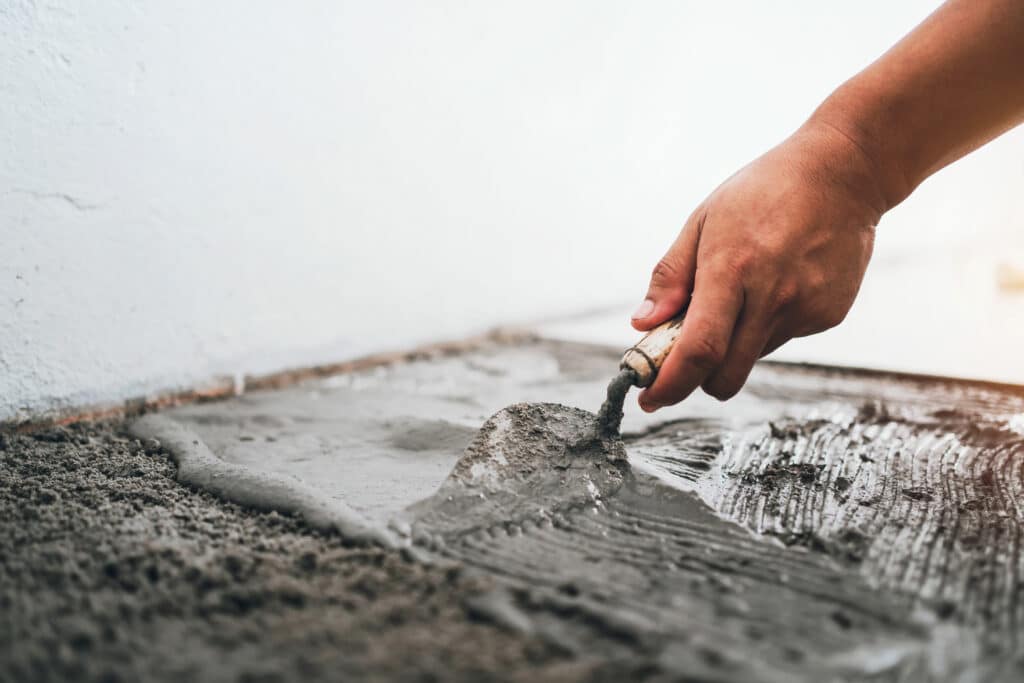Common Causes of Foundation Problems in Franklin
Some typical reasons why Franklin homeowners deal with foundation woes include:
- Soil composition: Soil with large clay or sand concentrations is highly expansive. In the heavy rainfall Franklin gets, the soil absorbs moisture like a sponge, then releases it in dry seasons. The constant expansion and contraction presses against nearby foundations, even if the foundations stay dry.
- Standing water: Standing water around your home can be menacing to your foundation, especially when it collects in areas your drainage system doesn't cover.
- Aging plumbing: While many Franklin homes are fairly new, some still use cast-iron plumbing. When the pipes start to erode, leakage could reach your foundation and even pool beneath it.
- Improper modifications: Landscaping or roofing work that wasn't completed properly could result in your foundation settling.
How to Choose the Best Foundation Repair Company
Your home's foundation is crucial to its structural integrity, so it's important to work with a trustworthy foundation repair contractor. Assess each company using the following criteria:
Licensing and Experience
In Tennessee, foundation work has its own residential building contractor license classification. Any company that performs foundation work valued at over $25,000 must have a license, no matter whether it is a primary contractor or subcontractor. Talk to staff to gain further insight into a company's experience. You should ask about local building codes, permit ordinances and inspection processes.
Another way to evaluate a company's reputation is to look at its website. There, you can learn how long it's been in business and its trade accreditations. It might also share insights and knowledge through blog posts, podcasts, or videos.
Customer Reviews
When you're researching a company's reputation, visit its Better Business Bureau (BBB) profile. There, you can find its "letter grade" rating and a list of customer reviews, both positive experiences and complaints. Remember that complaints don't necessarily mean a contractor is incompetent. BBB comments also show how companies address complaints. A responsive team that works toward excellent outcomes is a good one. Steer clear of a business if you don't see good communication about problems.
Foundation Repair Cost in Franklin
The cost of foundation repair can vary quite a bit depending on the scale of the issues and what needs to be done to fix them. For minor foundation fissures and settling issues, you may pay as little as $1,900. However, if there is more significant damage, the average cost will likely fall around $3,700. More complex jobs involving tunneling, helical piers, or concrete leveling could cost $7,100 or more. Below are the average foundation repair costs for common issues.
| Common Foundation Repair Services | Average Cost |
|---|---|
| Crack Repair | $425 |
| Leak Repair | $3,535 |
| Stabilization | $6,212 |
| Underpinning | $1,624 |
| Waterproofing | $3,918 |
Ready to Get a Quote on Your Foundation Repair Project?
Please enter a valid 5-digit zip code!
Frequently Asked Questions About Foundation Repair in Franklin
What will I pay to repair my foundation in Franklin?
What are some signs I need foundation waterproofing?
Note that there are two kinds of waterproofing. Interior waterproofing involves installing drains and sump pumps or using sealants around a cellar. Outdoor waterproofing is generally less expensive. It involves installing exterior drains and establishing physical barriers between your foundation and lawn.
Are there telltale signs I should avoid a particular foundation company?
Do I need to leave my home for foundation repair work?
To share feedback or ask a question about this article, send a note to our Reviews Team at reviewsteam@thisoldhousereviews.com.
More Foundation Resources
National Foundation Repair Ranking Methodology
Sources
U.S. Census Bureau (American Communities Survey)
















